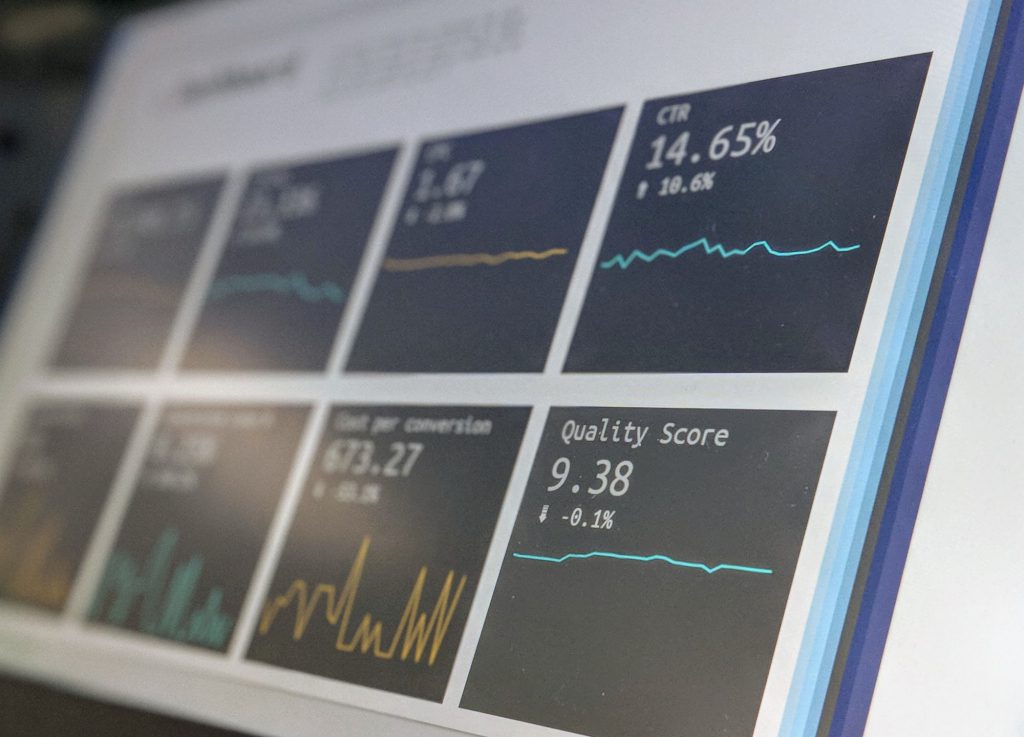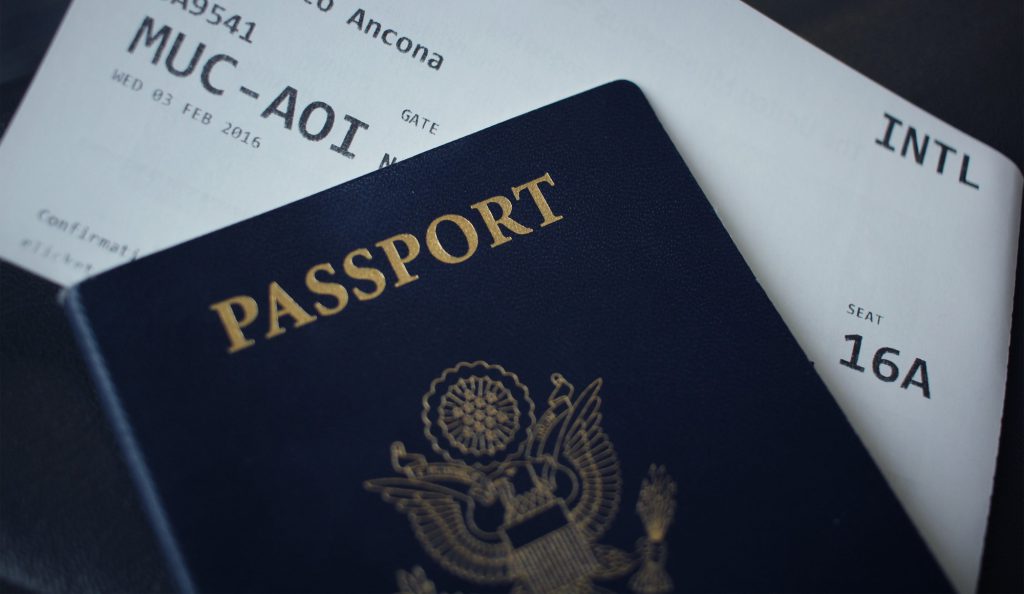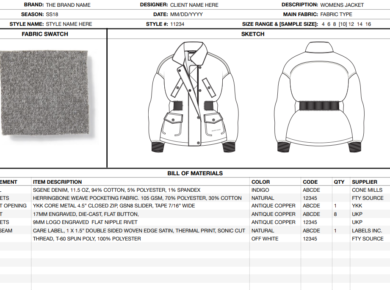Lately, we have seen a lot of articles on various websites, about buyers being scammed by fraudulent suppliers.
Either the buyer paid a deposit, and the supplier then disappeared, or worse, the buyer paid for the order in full and the supplier disappeared.
By disappear, the supplier;
- Simply stopped communicating.
- Never existed at all.
- Never delivered any goods.
There have even been cases where suppliers have sent containers full of rubble, instead of the actual goods purchased.
Do a Google search, and there will be plenty of results showing the extent of fraudulent suppliers.
Keep in mind, when doing business offshore, there is usually very little recourse if you get scammed.
Don’t get us wrong. The vast majority of suppliers, are honest and want to conclude a proper business deal.
However, there are bad apples out there, which you would want to avoid.
It is no way our intention to scare you away, but rather to ensure you are well protected when sourcing your next product.
At Sourcing Playground, our ultimate goal is a positive, mutually beneficial, sourcing experience!
So, how do you avoid these fraudulent suppliers?
The answer is actually pretty easy. There are a number of ways to protect yourself as a buyer.
We have identified a few, that will go a long way in protecting your investment (Keep in mind, most of what is highlighted below, should be standard business practice). The most critical are;
- Do your homework.
- Question.
- Audit reports.
- References.
- Certification.
- Visit
- Payment terms.
- Inspections.
Now let us look at each in a bit more detail.
Do your homework
Sorry to say this, but a lot of buyers get into trouble because they are too lazy to do their homework.
They place a lead on a sourcing website, suppliers respond, they check the best price, and place an order.
This is extremely lazy, and poor sourcing practice. It opens the door extremely wide for potential scams.
For every supplier that contacts you, it is critical that you dig a little deeper.
Do not take them at face value!
Look at their website in detail.
- Does it show products similar to yours?
- Look for bad English.
- Check the “Contact Us” information. Is there an address and a contactable phone number? Call the number, to check it is real. Does the address fit the supplier’s information? For example, a 500-machine factory, will not have an address like “Room 501, XYZ Building.
Do a Google search using the supplier’s name. Something should definitely come up. Possibly even reviews, or complaints regarding the supplier in question.
If they are a member of a B2B website, check how long they have been a member for. Most websites usually state this. We are not saying avoid suppliers that have only been members for a short period. What we are saying, is that there is a correlation between how long the supplier has been a member, and whether they are a good legitimate supplier.
No B2B website really wants to be associated with “dodgy” suppliers.
Simply put, spend a bit of time looking into each supplier that responds to you.
If something seems off, it doesn’t mean they are a “scammer”.
However, do not be afraid to question them about something that bothers you.
A good supplier should have no problem answering any questions.
Question
Do not be afraid to ask your suppliers any questions you feel need answering, or any issue you feel clarification is needed.

“There is no such thing as a stupid question, only a stupid answer”.
Many buyers seem afraid to ask questions for a number of reasons. They might feel the question is insulting to the supplier, might alienate the supplier in some way, might show the buyer’s inexperience, etc.
Do not go down this road. Any serious supplier will be happy to answer questions to reassure a potential buyer.
If the supplier’s answer is not to your satisfaction, vague, or unclear, ask for further clarification. Another red flag to watch out for are vague answers. Any good supplier, should be able to answer questions about their business in detail.
Audit Reports

Many buyers, especially the larger ones, will audit a supplier to ensure they can meet the buyer’s requirements.
Ask your supplier if they have been audited before, and if you can check the reports.
A serious supplier will make reports available to you.
As an example, in the apparel industry, Disney audits all their suppliers.
If a supplier has been audited by Disney (or similar), they will usually offer these to potential buyers without the buyer even asking.
The supplier is usually very happy to show association with a company such as Disney.
With regard to audit reports, please note;
- Not all suppliers will have been audited by a buyer before. So, a lack of any report is not a red flag of any kind. These audits are usually only done by larger buyers.
- If the supplier does send you an audit report, check that the name on the audit report is the same as the supplier’s name, along with other details, such as address, telephone number, etc.? It is not uncommon for some less ethical suppliers to “borrow” a report from a friend at another factory. We have come across this before.
- In some cases, the audit report might show discrepancies, such as addresses. Take the date of the report into account. The supplier might have moved premises. Again, do not be afraid to question something you are not sure of, or does not add up.
References
You can also ask your supplier for references from previous or current buyers.
This is often hit and miss, though. Suppliers generally do not like to share this type of information.
Essentially, they are afraid of negative references.
Every order will have some type of problem. This is one guarantee we can give you.
Some are minor and some are major. The supplier knows that if you discuss them with a previous or current buyer, any problem experienced by that buyer will come up.
To sum this section up, it is worth it to ask for references, but again, it is not a red flag if the supplier does not give them, or states that this information is confidential.
Certification
Some type of industry / internationally recognized certification is also a plus sign when dealing with any supplier.
For example, ISO certification. We are just going to use ISO as an example, as there are far too many certification types to mention across all industries.
Ask your supplier if they are certified by any such agency.
It’s extremely important to verify the certification, with the certification agency in question.
There have been many cases of forged certification by suppliers.
The author clearly remembers walking into a supplier’s factory and noticing they suddenly had ISO certification up in large gold letters in their lobby for all to see. As the author had a long-standing relationship with the supplier in question, he asked the supplier about this. The supplier freely admitted with a smile, that their factory did in fact NOT have any type of ISO certification, but they had just put it up because Western buyers love to see it.
So, as mentioned, verify any certification with the certifying agency in question.

Visit
When you are dealing with a supplier thousands of kilometers away, they can essentially pretend to be whatever they want to be. They can represent themselves in any way they see fit.
They cannot do this if you physically visit them.

A lot of buyers are put off by the cost of visiting suppliers. However, there are some critical reasons to do so.
- A visit creates a more personal connection. This is very important in relationship building.
- You can see if the supplier’s online presence ties up with their physical presence. We always suggest that you ask any potential supplier for photos of their factory, along with a factory profile document. You would be amazed how many times the photos and the factory profile bear little resemblance to the actual factory. Or, in the worst case, are for another factory entirely (common with agents or traders, pretending that they own a factory).
- It is a lot easier to get a feel for the supplier in a face to face situation.
- You can inspect the supplier’s premises. This will tell you a lot about them.
- You can gain valuable information as to who their other clients are by looking at what they are producing, what is in their showroom, and what is in their warehouse. As mentioned, they might not be willing to supply this information otherwise.
- Visiting suppliers is an unavoidable cost of doing offshore business. If you are not willing to do this, you should not be producing offshore. This might seem a bit blunt, but it is a fact. (It can be cost effective if you visit multiple suppliers on a business trip. We would never suggest only visiting one).
- It is educational.
- It reduces risk, as you see the true picture.
If it is too good to be true, it probably isn’t.
We do not think too much elaboration is needed here.
If a supplier offers you a deal that seems too good to be true, beware.
As an example, if you are producing a widget, and five suppliers come in between US $ 5,00 and US $ 5,45, they are probably legitimate suppliers.
If one comes in at US $ 2,50, beware. They either have not costed correctly, or it is a scam.
A lot of buyers are tempted by low prices.
However, chasing low prices only, can cost you your business in the long run.
If you do come across a situation where one supplier’s price is considerably lower than others, avoid accepting immediately. Ask them to recheck their price, and ask why it is so low compared to other prices.
See what their explanation is. It might be a simple mistake in their costing, but it could also be a sign of a scam.
Statistical outliers bother statisticians. Price outliers, should bother buyers.
Payment terms
One of the best ways you can protect yourself from a scam, is by using a payment term, where the supplier does not receive any money until the job is done.
The safest option here is a Letter of Credit.
Some suppliers (and often buyers, do not like using letters of credit for a number of reasons). For our purposes, let’s only focus on suppliers.
- The supplier does not receive any payments until the conditions of the LC (letter of credit) are fulfilled.
- There are increased costs associated with LCs, but these are relatively negligible.
- LC’s have a definite delivery date, as well as an expiry date.
Legitimate suppliers will often have reasons for not accepting LCs.
However, these can be negotiated. If the supplier states they will not accept the increased bank charges, you can offer to accept half the cost.
If the supplier is concerned, they will not meet the delivery date stated in the LC, you can offer to extend this. You get our drift
A scammer will never accept an LC under any circumstance. They will demand 100% payment upfront (never, ever do this, even for a verified, legitimate supplier), or a high deposit, such as 50%.
Simply put, using an LC or a respected escrow service, are the safest payment methods. Period!
Inspections
Another way to verify your supplier is legitimate, is to use a third-party inspection agency, such as Intertek or SGS.
For a fee they will send an inspector to your supplier’s premises to check that all is in order.
They will check business licenses, whether the supplier meets the required legal requirements of the country / region, any social compliance certificates, other certification, etc.
They will then present this as a report with photos. The report will generally indicate where the supplier meets the above-mentioned requirements, and where they do not.
The report will not make any recommendations. At the end of the day, it is up to you, as to whether or not you use the supplier.
Also keep in mind, the report is a “snapshot”. It will report on the supplier’s premises at the time the inspector was there. If something changes after the inspector leaves, this is beyond the scope of the inspection agency’s mandate.
If you use a third-party agency, it is better not to tell your supplier in advance.
First get all the information you can, and then send the inspection agency. Then you can compare the information you received directly from the supplier, against the inspection agencies report. If there is any evidence that the material information differs, this is a red flag.
Obviously, if a supplier refuses this type of inspection, move on. An honest supplier has no reason to.
There are also other types of inspections that are useful. Particularly;
- Inline inspections-Here the inspection agency will check the status of your order when it is running on the production line. They will also report any problems.
- Final inspections-Once your order is complete and packed (or at least 80% packed), the inspection agency will check quality of the goods against the quality standards you require. This is usually an AQL (Acceptable Quality Level) inspection. This is a worldwide standard. However, you need to specify the AQL level (this relates to the percentage of quality issues that are acceptable to you). We do not want to get into detail here, as it is beyond the articles scope. However, a quick internet search will give detailed information on this topic.
- Loading inspections-Remember the rubble example above? A loading inspection, will ensure that what you ordered / paid for, is physically loaded onto a container (or other mode of transport.), and sealed.
In our experience, scamming is the exception to the rule.
The vast, vast majority of suppliers want to engage in honest, mutually beneficial business.
However, it would not be prudent to think all suppliers are honest, and therefore it is always important to take steps to prevent the chance of placing business with a fraudulent supplier.
We hope you found this article useful, and can incorporate some of the suggestions into your sourcing process.
Happy sourcing.






